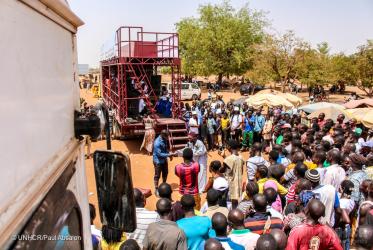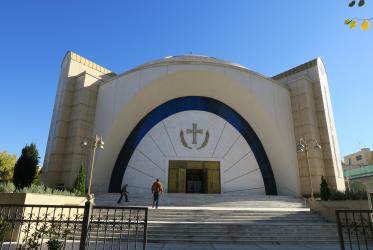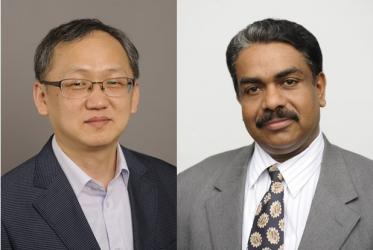Displaying 81 - 100 of 140
‘Unprecedented times of hopelessness’ in Holy Land
11 July 2016
God’s forgotten children
20 June 2016
WCC convenes strategic meeting on sustainable development goals
11 February 2016
Fleeing from – rather than to – a place
10 February 2016
Rebuilding a smashed church in Albania
23 December 2015
Orthodox church in Albania resurrected
23 December 2015
Person with disability shares reflection on AIDS conference
10 December 2015
Global Christian leaders concerned for persecuted Christians
09 November 2015
Conflict reporting fails women
06 October 2015
WCC and UNICEF sign global partnership to promote children’s rights
18 September 2015







